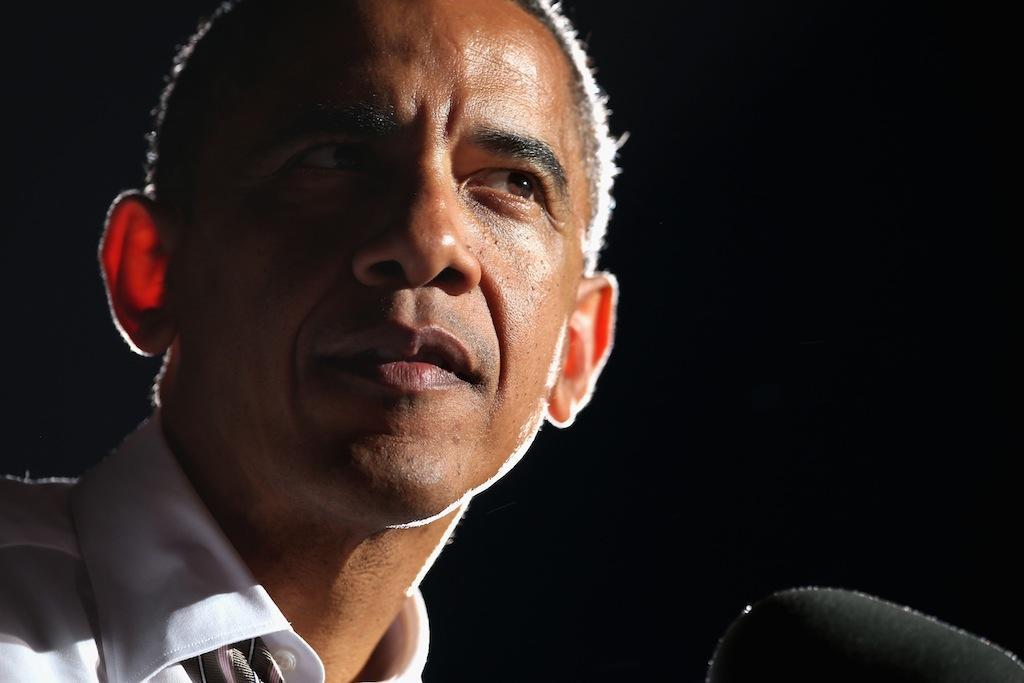Has Obama’s Global Health Initiative run out of steam?
Will the GHI’s promise hold true?
In July, the Obama administration announced that it would be closing the Global Health Initiative’s offices, which left many global health experts scratching their heads.
Although the government announced that it would set up a new Office of Global Health Diplomacy, global health blogs posted dire predictions for the next phase of the initiative, which was already falling short of its goals.
A July 10 Foreign Policy article printed a statement from the Modernizing Foreign Assistance Network that said, “We are concerned that our partners on the ground will continue to be confused about global health leadership and coordination…the Administration may have undermined its own landmark efforts to increase development effectiveness and accountability."
The Center for Global Development called the GHI announcement a “death notice – or, at the very least, an admission of defeat in some of its most important, revolutionary ambitions.”
So, what has changed in this next phase of the initiative? And has the global health blogosphere correctly predicted GHI’s fate?
Since we last checked in on the program, a few studies have been released that evaluate different aspects of GHI. All come to the same conclusion—effective strategy, poor implementation. Here’s a roundup:
The Kaiser Family Foundation released a report on Oct. 19 examining a country-level response to Obama’s Global Health Initiative. The report looks specifically at GHI’s Women, Girls, & Gender Principle, which is one of the initiative’s seven components. Kaiser’s report shows that GHI’s comprehensive solutions still have a long way to go. Limited flexibility of funding streams and a dearth of technical support are to blame, according to the report. Consistency is another key problem, with the composition of programs and funding varying significantly across countries.
The report also noted that the funds supplied for maternal, newborn, and child health (MNCH) and family planning also varied greatly across countries. The only consistency of the MNCH program was its failure to meet the minimum needs of the population.
In June, The Change Center for Health and Gender Equity released case studies on reproductive health in Guatemala and Ethiopia. The studies showed that showed that while GHI has improved gender equality and sexual/reproductive health in both countries, social and legal barriers in aid countries often stunt progress. In Ethiopia, the report adds, laws restricting human rights and advocacy organizations create a challenge for GHI. Finally, the report states that GHI does not provide adequate technical support for gender and human rights workers.
The Lancet Journal also assessed GHI’s progress this month. GHI’s game-changing vision, which aimed to support communities in defining their own health solutions and to holistically improve hospital clinics in aid countries, has not materialized, according to the Lancet’s Ted Alcorn. “The Obama Administration's signature global health program established a vision, but one that remains mostly unfulfilled.” He added that the $63 billion dedicated to GHI didn’t represent new funding dedicated to global health. Rather, “existing streams of health funding were simply bundled under the GHI umbrella—and as the severity of the economic recession became apparent, increases in those budgets failed to materialize,” he wrote.
The original positioning of GHI as a comprehensive strategy also hinted that accountability for the ambitious initiative might pose an issue. In a 2011 report published by the Center of Global Development, Nandini Oomman, the former Director of the HIV/AIDS Monitor at the Center for Global Development, said that because GHI has not delegated authority to a single agency, it has been difficult to integrate the initiative with other global health programs. GHI’s leadership is split between the initiative’s three core entities — USAID, the CDC, and PEPFAR. And as a result, the report states,“It is currently unclear what GHI leadership really means.”
The possibility of more organizational complications runs high in the midst of election season. After all, the survival of President Obama's signature health initiative could depend on whether or not he is re-elected.
GHI’s lofty objectives have yet to come to fruition. Now it’s time to see whether the initiative has both the momentum and leadership to get there.
